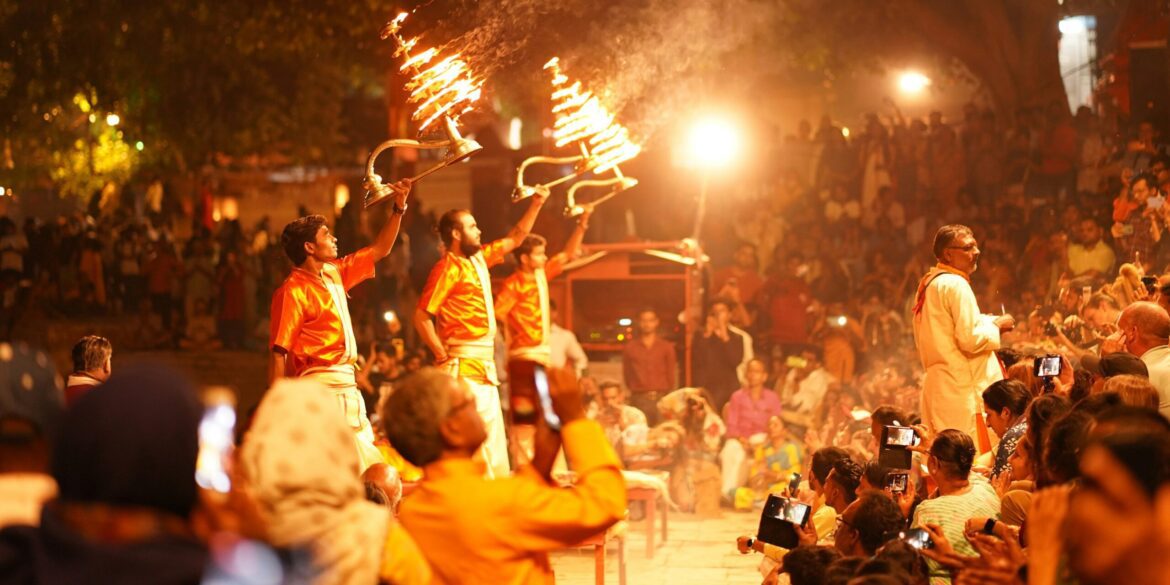Across the United States, communities gathered on June 21, 2025, to honor Juneteenth, continuing a week of celebrations that emphasize freedom, cultural pride, and the ongoing journey toward racial equity. From large metropolitan areas like Washington, D.C., to small towns such as Plainview, Texas, Americans marked the federal holiday with festivals, historic exhibits, and performances that bridged past and present.
In Washington, D.C., events unfolded throughout the city, transforming the capital into a hub of reflection and festivity. One of the most prominent features was the display of the original Emancipation Proclamation and General Order No. 3 at the National Archives, which runs through June 22. These documents mark the legal foundations of Juneteenth, symbolizing the delayed freedom for enslaved African Americans in Texas in 1865—more than two years after the Emancipation Proclamation was issued.
Community gatherings in D.C. included a performance by the beloved local go-go group Backyard Band and interactive exhibits that combined storytelling, music, and cultural expression. Local artists, historians, and educators led workshops and performances in public spaces such as the Anacostia Community Museum, bringing multigenerational audiences together. These programs highlighted not only the significance of emancipation but also the contributions of Black Americans to the nation’s cultural and civic fabric.
Meanwhile, in Plainview, Texas, residents came together for the town’s 44th annual Juneteenth festival at Edgar and Essie Givens Park. The celebration kicked off at 11 a.m. and featured a parade, live music, food vendors, and games for families. Organized by community leaders and supported by local businesses, the festival underscored the power of local traditions in preserving Black history and community unity. Though smaller in scale than major urban events, Plainview’s celebration reflected the heart of Juneteenth: connection, remembrance, and joy.
In the Bay Area of California, Juneteenth activities stretched across multiple cities, including San Francisco, Oakland, and Richmond. The region hosted street fairs, cultural performances, and educational forums focused on Black heritage and systemic justice. Events emphasized unity and awareness, with programming that explored the intersections of race, health, and environmental equity. Organizers in Oakland, for example, used Juneteenth as a platform to promote voter registration and highlight local Black-owned businesses.
Elsewhere across the country, similar themes emerged. In Detroit, Michigan, thousands participated in a Juneteenth Jubilee Stroll, combining fitness with history education along a route highlighting Black cultural landmarks. In Atlanta, Georgia, large-scale concerts and historical reenactments took place at city parks, while Philadelphia hosted panel discussions on reparations and community healing.
Since being designated a federal holiday in 2021, Juneteenth has expanded into a cornerstone of summer civic life, increasingly seen as a “second Independence Day.” While historically rooted in Texas, where enslaved people learned of their freedom on June 19, 1865, its relevance now spans coast to coast, encompassing both celebration and calls for action.
The themes at this year’s events focused heavily on education, remembrance, and progress. Organizers across multiple cities sought to deepen understanding of Black history and promote civic engagement. For many, Juneteenth is more than a commemorative date; it’s a living expression of resilience, a time to evaluate the nation’s path toward equality, and an opportunity to build stronger, more inclusive communities.
Importantly, the educational aspect of Juneteenth remains a key driver. Museums, libraries, and community centers hosted lectures, storytelling sessions, and art exhibitions designed to inform attendees about not only the origins of Juneteenth but also the broader history of African American struggle and achievement. These efforts help bridge generational gaps, ensuring that the next generation continues to learn and advocate for justice.
At a national level, government agencies and public institutions have also embraced Juneteenth. The U.S. Postal Service this year unveiled a new commemorative stamp, and the White House issued a proclamation recognizing the holiday’s significance. Some school districts now incorporate Juneteenth into their curricula, and corporate entities are increasingly using the holiday as a moment for internal reflection and community engagement.
As Juneteenth becomes more entrenched in the American consciousness, questions of representation, access, and equity remain central. Community leaders across the country emphasized that while the holiday is cause for celebration, it also serves as a reminder of the unfinished work of civil rights, economic justice, and political empowerment.
From the bustling streets of Washington, D.C., to the family-friendly festivities in Plainview, Texas, Juneteenth 2025 offered a vibrant and hopeful picture of how Americans are honoring history, celebrating culture, and shaping a more equitable future—together.

